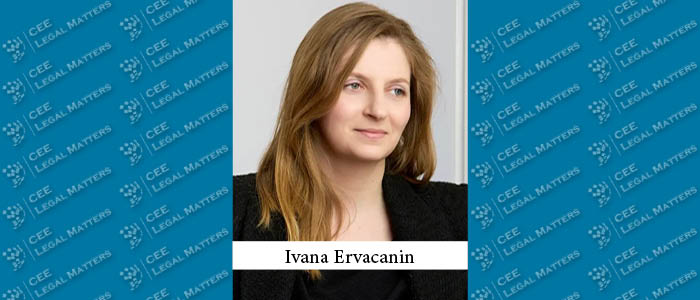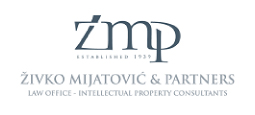As the UEFA Football Championship is now underway, football fans across Europe are buzzing with excitement. This sporting event is not just a celebration of top-tier talent and national pride but also a time when fans proudly sport their team’s colours. However, a troubling issue looms large: the rise of counterfeit football jerseys.
Why Fans Opt for Replica Jerseys
Football jerseys symbolize more than just team affiliation; they represent a deep connection to the sport and a sense of belonging with fellow fans. Wearing your team’s jersey is a way to show loyalty and passion. However, the cost of authentic jerseys puts them out of reach for many fans. High prices drive a significant number of fans towards cheaper, counterfeit football jerseys available online and at local markets for a fraction of the cost.
The Expanding Counterfeit Market
The demand for fake football jerseys is immense and continues to grow. Counterfeit sports merchandise is a multi-billion-dollar industry, with football jerseys being one of the most frequently faked items. The UEFA Championship, with its global reach, becomes a hotspot for counterfeit sellers looking to profit from the event’s massive fan base. These fake jerseys not only impact sales of official merchandise but also raise issues regarding their quality and legality.
Fighting the Flood of Fakes
Combating counterfeit football jerseys is a complex and ongoing battle. Football clubs and authorities are leveraging advanced technologies like holograms, QR codes, and blockchain to verify the authenticity of products. UEFA and national football associations frequently team up with law enforcement to crack down on the sale of counterfeit sports merchandise, especially around major events like the UEFA Euro 2024 Championship.
Education plays a crucial role in this fight. Initiatives such as UEFA’s “Real Scarf” campaign aim to raise awareness about the importance of buying official football merchandise to support local clubs and economies. These efforts are critical in helping fans understand the broader implications of purchasing counterfeit goods.
UEFA’s Approach to Counterfeit Jerseys
UEFA and its associated football clubs are dedicated to protecting their brand and merchandise. During events like the UEFA Euro 2024 Championship, several measures are implemented to deter the sale and distribution of fake football jerseys:
- Enhanced Surveillance: Increased security and monitoring at stadiums and nearby areas help identify and stop the sale of counterfeit goods.
- Educational Campaigns: UEFA and clubs launch initiatives to inform fans about the benefits of buying official merchandise and the risks associated with counterfeits.
- Collaboration with Authorities: Close cooperation with local law enforcement helps curb the availability of fake football jerseys.
Despite these efforts, UEFA’s primary focus is on preventing the sale and distribution of counterfeit football jerseys rather than penalizing individual fans who wear them.
What Fans in Germany Should Know: Will UEFA Euro 2024 Impose Fines for Wearing Fake Jerseys?
Fans wearing fake jerseys for personal use don’t need to worry about fines. Police are not going to stop and search people just for wearing a counterfeit football jersey. However, there might be issues if counterfeit jerseys are being sold or used for commercial purposes.
Here’s what fans in Germany need to consider regarding fake football jerseys:
- Risk of Purchasing Counterfeits: Buying jerseys from unofficial sources or street vendors significantly increases the risk of ending up with a counterfeit product. Fans should be vigilant and purchase from reputable sellers to avoid unintentionally buying fakes.
- Wearing Counterfeit Jerseys: Fans wearing fake jerseys are unlikely to face fines or penalties. German law enforcement typically does not target individuals for wearing counterfeit apparel. However, wearing fakes does bring up broader issues of ethics and quality.
- Buying Official Merchandise: To truly support their team and the sport, fans are encouraged to buy official football merchandise. Doing so ensures better quality, supports the clubs financially, and contributes to the overall health of the sporting ecosystem.
Conclusion
While the problem of counterfeit football jerseys is a persistent challenge, fans wearing them in Germany during the UEFA Euro 2024 Football Championship are unlikely to face legal repercussions. The main focus of law enforcement and UEFA is to tackle the sale and distribution of these counterfeit goods. Nevertheless, by choosing to buy official football merchandise, fans can ensure they are contributing positively to their favorite sport and enjoying the Championship in the spirit of genuine support.
Making informed choices on where and how they purchase their jerseys allows fans to celebrate their love for football while supporting the values of fair play and authenticity.
This text is for informational purposes only and should not be considered as legal advice. Should you require any additional information, feel free to contact us.
By Ivana Ervacanin, Senior Trademark & Patent Attorney, ZMP


